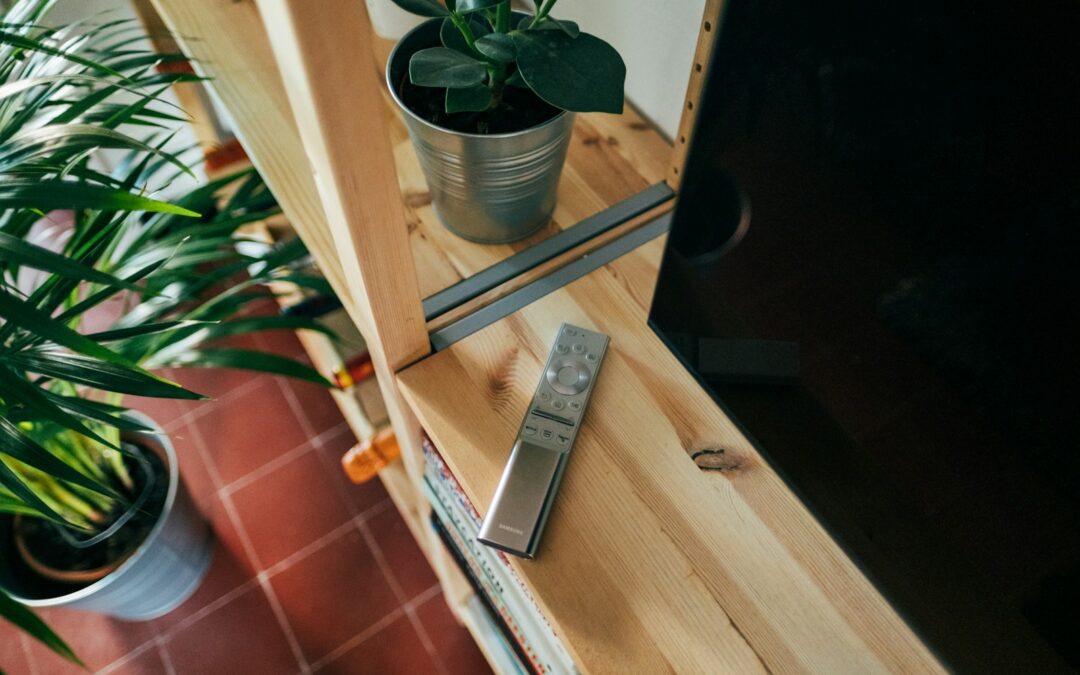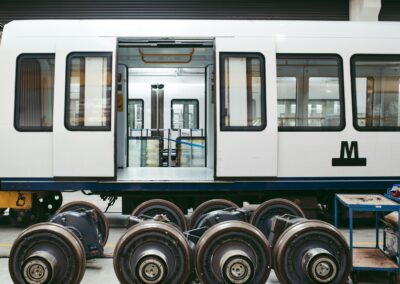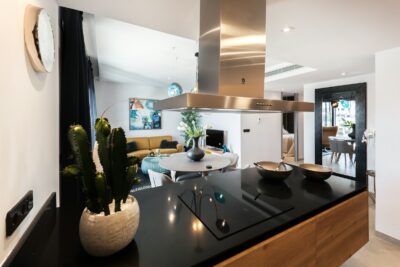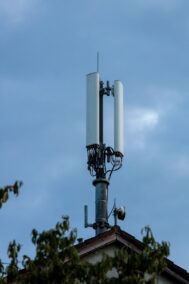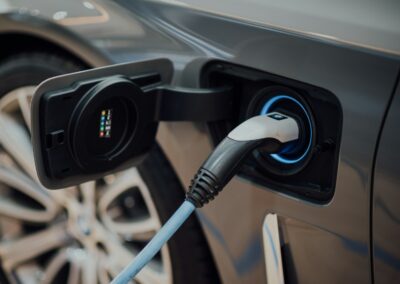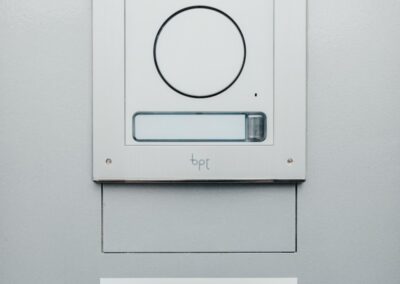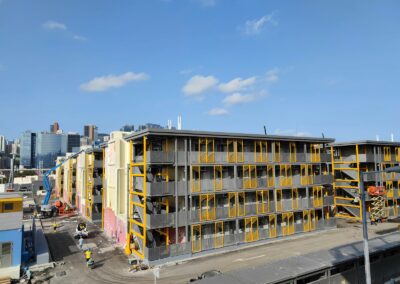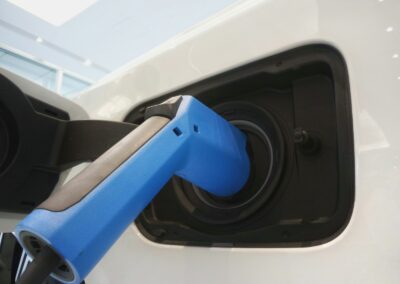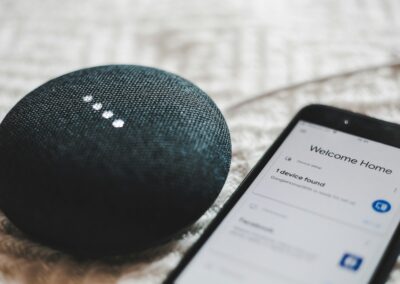The Evolution of Smart Home Technology
AI-Powered Home Automation
The latest innovations in smart home technology are revolutionizing how residents experience convenience and connectivity in their daily lives. Central to these advancements is the integration of artificial intelligence (AI), which powers a new generation of home automation systems. AI-driven devices learn from user behaviors and preferences, allowing them to anticipate needs and automate various home functions seamlessly.
For instance, AI-powered thermostats can adjust heating and cooling settings based on occupancy patterns, weather forecasts, and individual comfort preferences. Similarly, smart lighting systems can modify brightness and color temperature throughout the day to enhance productivity and relaxation. These AI-driven systems not only provide unmatched convenience but also contribute to significant energy savings by optimizing resource usage.
In regions like Riyadh and Dubai, where technological adoption is rapid, the implementation of AI-powered home automation is becoming increasingly common. Business executives and mid-level managers can benefit from these innovations by improving the efficiency and comfort of their living spaces. Moreover, integrating such technologies in residential projects can enhance property value and attract tech-savvy buyers, providing a competitive edge in the real estate market.
Internet of Things (IoT) Connectivity
The Internet of Things (IoT) is another cornerstone of smart home technology, enabling devices to communicate and operate cohesively. IoT connectivity allows various home systems, such as security, lighting, entertainment, and appliances, to be controlled through a single platform, typically accessed via a smartphone app or voice commands.
In the UAE, smart home systems utilizing IoT connectivity are transforming residential living by offering integrated solutions that enhance convenience and security. For example, smart doorbells with cameras and intercoms provide real-time video feeds and two-way communication, enabling residents to monitor and interact with visitors remotely. Additionally, smart appliances can be programmed to operate autonomously, such as washing machines starting cycles based on energy tariff schedules.
Entrepreneurs and project managers can leverage IoT connectivity to develop comprehensive smart home solutions that cater to the growing demand for connected living. By offering integrated systems that streamline daily tasks and enhance security, businesses can create value for residents and differentiate their offerings in a competitive market.
Voice-Activated Assistants
Voice-activated assistants, such as Amazon Alexa, Google Assistant, and Apple’s Siri, have become integral components of smart homes. These AI-driven assistants enable residents to control various home functions through simple voice commands, making interaction with technology more natural and intuitive.
In smart homes across Saudi Arabia and the UAE, voice-activated assistants are being used to manage everything from lighting and climate control to entertainment and home security. For instance, residents can use voice commands to play music, set reminders, order groceries, and even control smart locks and cameras. These assistants can also integrate with other smart devices, creating a cohesive and responsive home environment.
For business executives and leaders, incorporating voice-activated assistants into smart home designs can enhance user experience and increase the appeal of residential properties. By providing intuitive and hands-free control options, businesses can cater to the needs of modern consumers who prioritize convenience and connectivity in their living spaces.
Smart Home Security and Sustainability
Advanced Security Solutions
Security is a paramount concern for homeowners, and smart home technology offers advanced solutions to address this need. Innovations in smart security systems include high-definition cameras, motion sensors, smart locks, and comprehensive monitoring services that can be controlled and monitored remotely.
In cities like Riyadh and Dubai, smart security solutions are being widely adopted to enhance the safety of residential properties. High-definition cameras with night vision and motion detection provide real-time surveillance, while smart locks allow residents to manage access to their homes remotely. Additionally, integrated security systems can send alerts to homeowners’ smartphones in case of suspicious activities, ensuring prompt response and peace of mind.
For mid-level managers and project managers, investing in advanced smart security solutions can improve the safety and attractiveness of residential projects. By offering state-of-the-art security features, developers can address the growing demand for secure living environments and provide added value to residents.
Sustainable Living with Smart Homes
Sustainability is a critical consideration in modern housing, and smart home technology plays a significant role in promoting eco-friendly living. Smart homes equipped with energy-efficient systems and renewable energy sources can reduce environmental impact and lower utility costs for residents.
In the UAE and Saudi Arabia, where sustainability initiatives are gaining momentum, smart homes are incorporating solar panels, energy-efficient appliances, and smart grids to optimize energy usage. For instance, smart thermostats can adjust heating and cooling based on occupancy and weather conditions, reducing energy consumption. Similarly, smart irrigation systems can manage water usage efficiently, promoting sustainable landscaping practices.
Entrepreneurs and business leaders can capitalize on the trend toward sustainable living by developing smart home solutions that prioritize energy efficiency and environmental responsibility. By integrating renewable energy sources and smart technologies, businesses can create value for residents and contribute to broader sustainability goals.
Enhanced User Experience
The ultimate goal of smart home technology is to enhance the user experience by providing convenience, comfort, and connectivity. Innovations in smart home systems are designed to create personalized living environments that cater to individual preferences and lifestyles.
In Dubai and Riyadh, smart homes are offering residents unparalleled levels of customization and control. From personalized lighting and climate settings to automated routines and entertainment options, smart home technology allows residents to tailor their living spaces to their unique needs. Moreover, the integration of AI and IoT ensures that smart homes can adapt to changing preferences and behaviors, providing a dynamic and responsive living experience.
For business executives and mid-level managers, investing in smart home technology can enhance the appeal and functionality of residential properties. By offering innovative solutions that prioritize user experience, businesses can attract discerning consumers and stay ahead in a competitive market. Additionally, the ability to provide customized and connected living environments can drive customer satisfaction and loyalty.
Conclusion
Innovations in smart home technology are transforming how residents experience convenience, connectivity, and sustainability in their daily lives. By leveraging AI, IoT, and advanced security systems, smart homes offer unparalleled levels of comfort and control. For business leaders, entrepreneurs, and project managers, investing in smart home solutions presents significant opportunities to enhance property value, meet the demands of modern consumers, and contribute to sustainable living. Embracing these technologies can drive business success and leadership in the evolving real estate market, creating smarter and more connected communities.
—
#SmartHome #HomeAutomation #AI #IoT #SustainableLiving #SaudiArabia #UAE #Riyadh #Dubai #ModernTechnology #BusinessSuccess #Leadership #ManagementSkills #ProjectManagement

